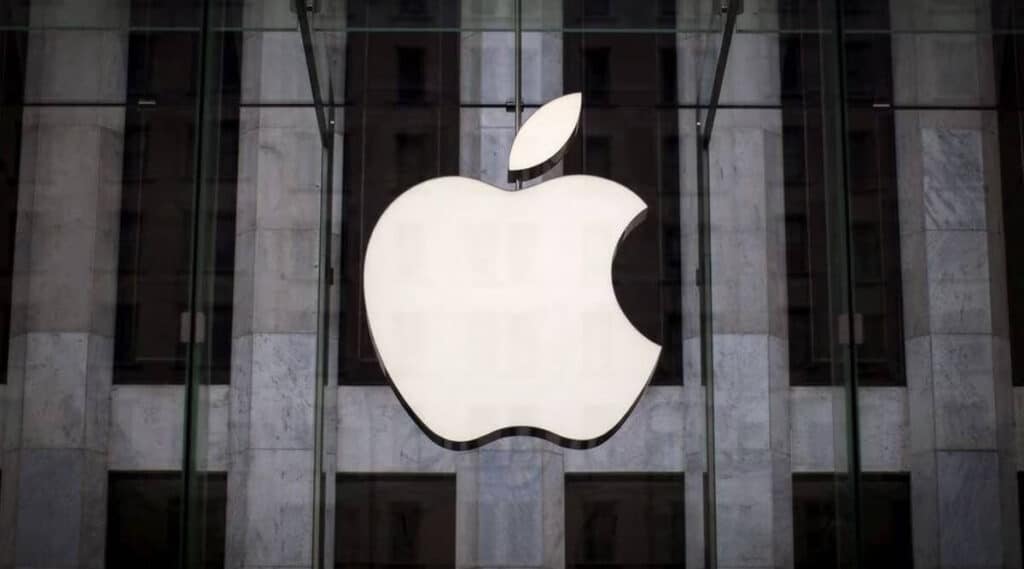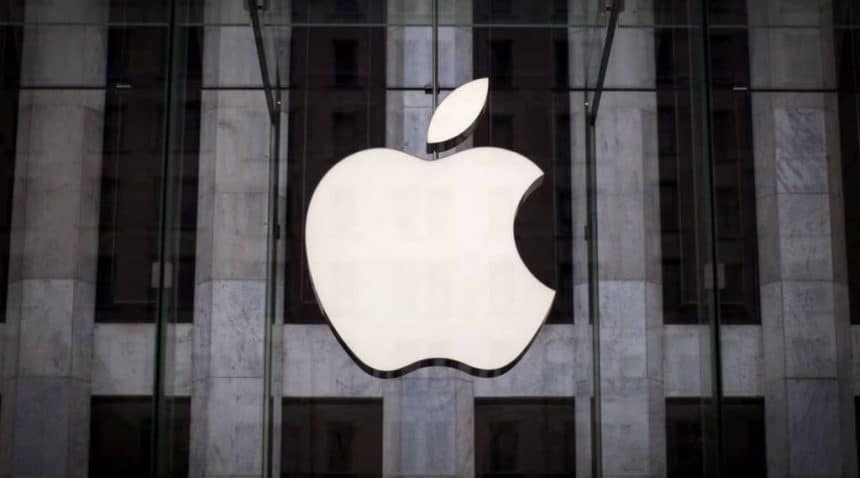Apple is facing a federal lawsuit from the U.S. Equal Employment Opportunity Commission (EEOC), which accuses the company of religious discrimination and retaliation. The case involves an Apple Genius employee at the company’s Reston, Virginia store who worked there for 16 years and consistently received positive performance reviews.
The employee converted to Judaism in 2023 and requested time off for Shabbat, which runs from Friday evening to Saturday night. The new store manager allegedly denied this request, citing Apple’s scheduling policy. Fearing termination, the employee worked on Shabbat, against his religious beliefs.

Disciplinary Action and Termination
After the request, Apple reportedly began disciplining the employee for grooming policy violations. When he later reminded his supervisor about an upcoming religious holiday, the company terminated his employment, citing another grooming infraction. The EEOC argues these actions were directly linked to his religious accommodation requests and his complaints about discrimination.
Title VII of the Civil Rights Act prohibits not only discrimination but also retaliation against employees who raise such concerns. The EEOC’s lawsuit asserts that Apple violated both provisions.
A Pattern of Employee Concerns
This case is not the first time Apple has faced accusations of discrimination. In 2022, a former patent attorney filed a lawsuit against the company, citing harassment and discrimination after reporting misconduct. Additionally, the 2021 #AppleToo movement brought public attention to issues of racism, sexism, and pay inequality within Apple’s workforce.
Looking Ahead
The outcome of this case could have wider implications for how large corporations handle requests for religious accommodations. It also underscores the ongoing scrutiny Apple faces regarding workplace practices and employee treatment.
As the lawsuit progresses, the case will likely spark further discussion on corporate accountability, employee rights, and the responsibilities of major tech companies to honor religious and cultural diversity in the workplace.












